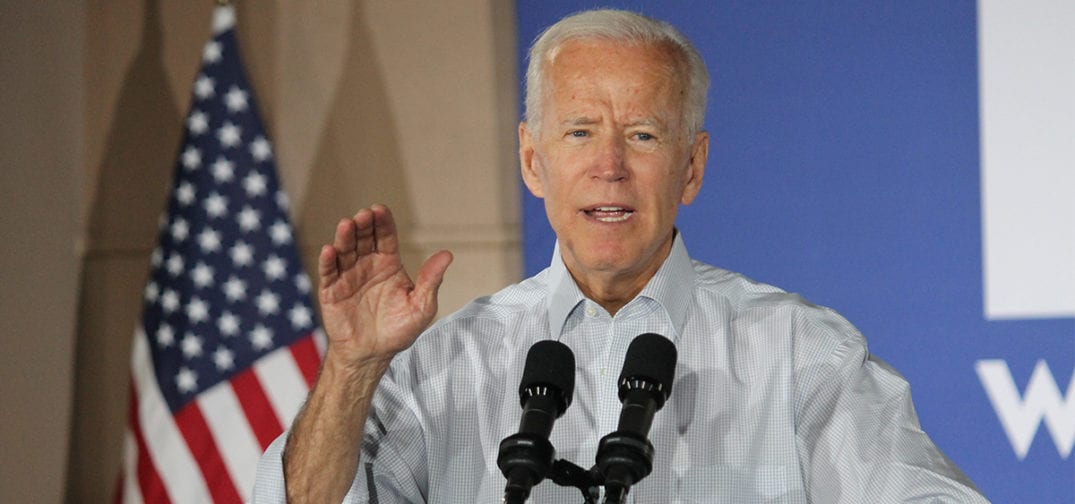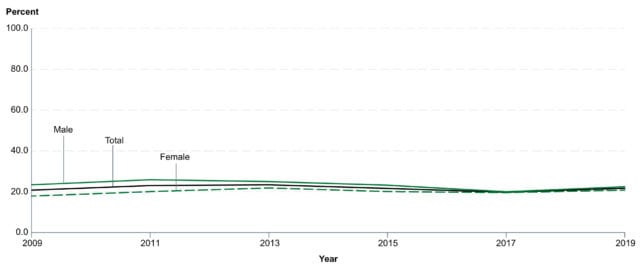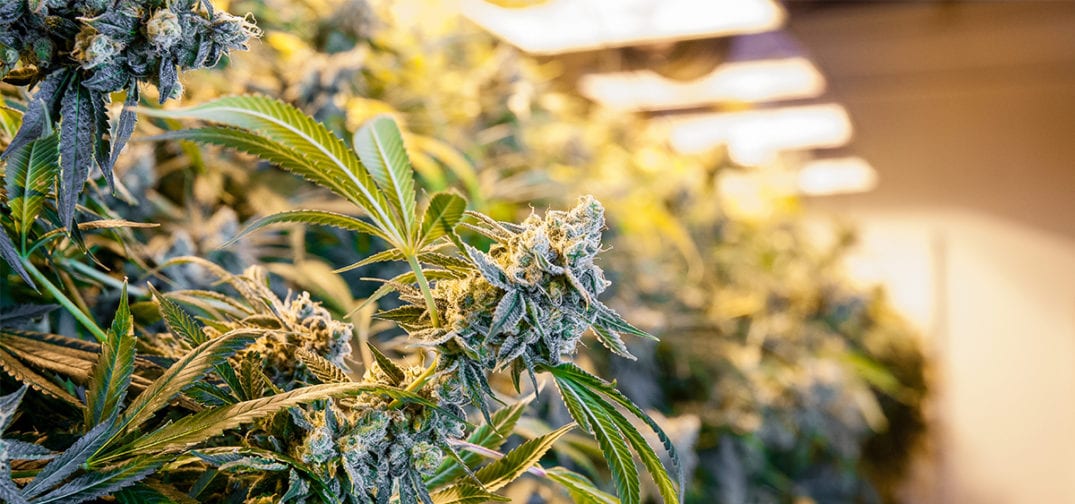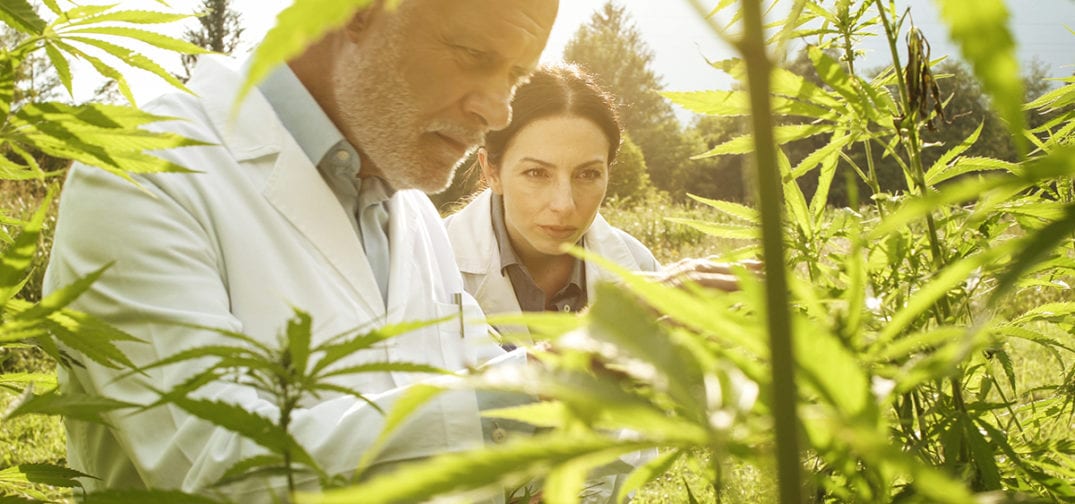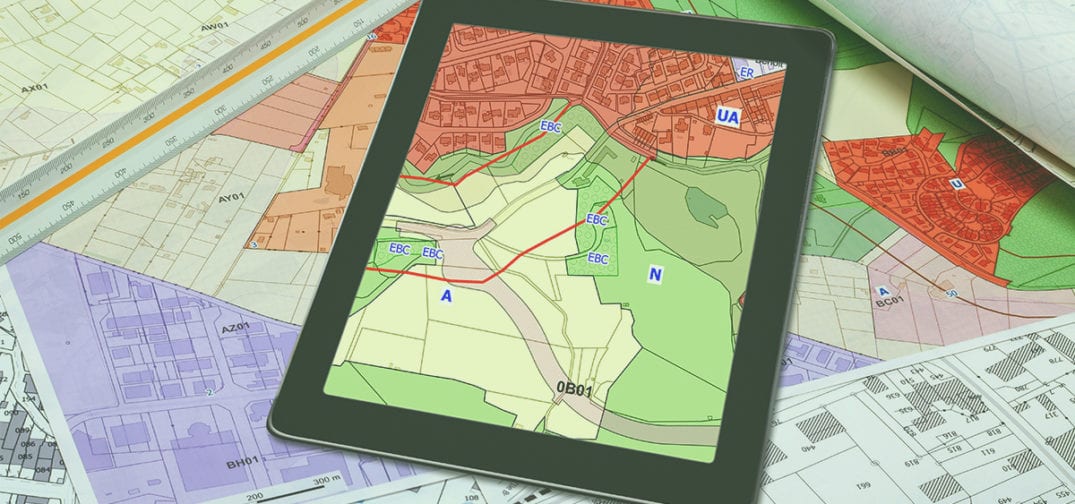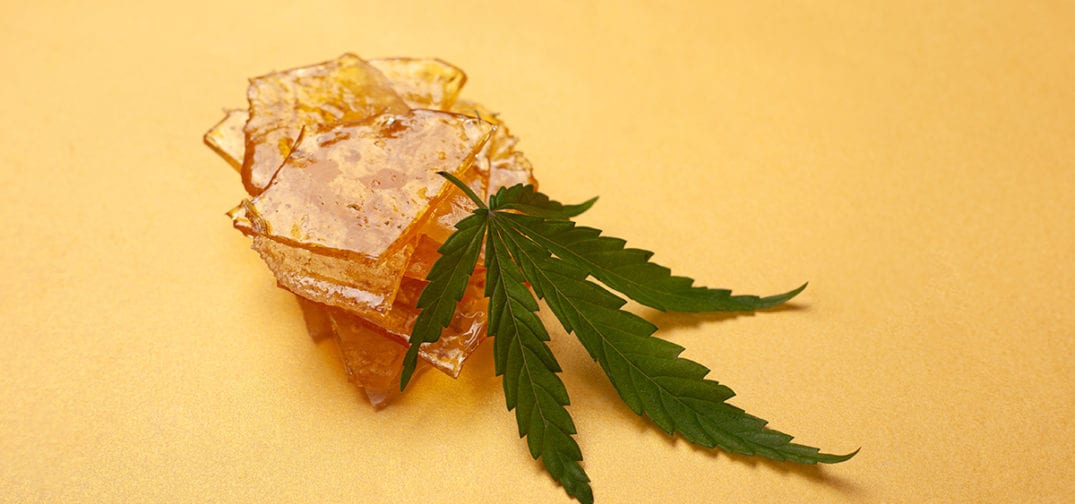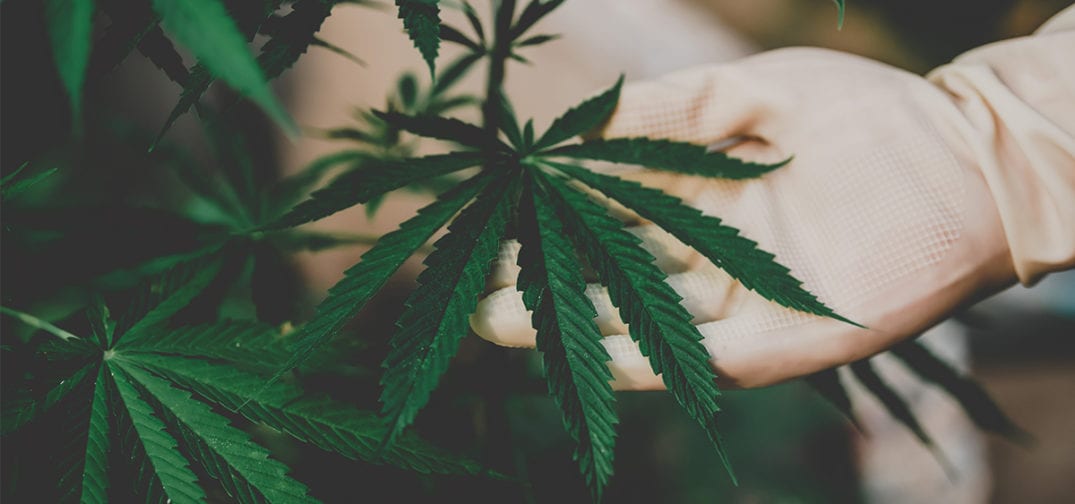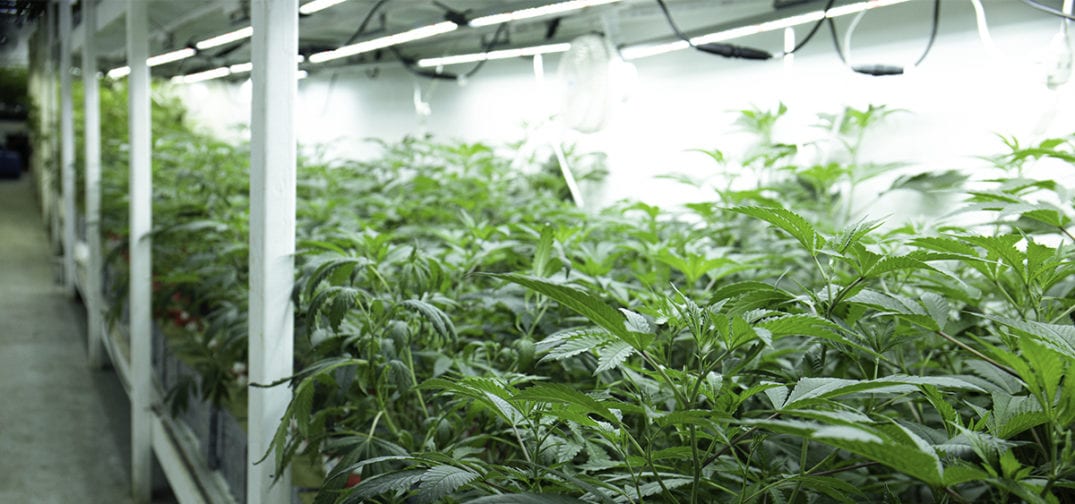This article was written by Gaspard Le Dem and originally published by Outlaw Report.
D.C. elected officials and business owners are voicing their frustration following news that President Joe Biden’s proposed budget would continue to prevent the District from legalizing recreational cannabis sales.
The White House released its $6 trillion spending plan for the upcoming fiscal year on Friday May 28 that includes language blocking D.C. from using local tax revenue to launch a regulated market for recreational cannabis.
Rep. Andy Harris (R-MD) first introduced the budget rider in 2014, and Republicans in Congress have since regularly renewed the provision in annual appropriations legislation. But with a Democratic administration in the White House, cannabis advocates were hopeful the “Harris Rider” would finally be scrapped this year. Harris himself stopped introducing the measure in 2019 when Democrats regained control of the House, though Senate Republicans continued to slip the provision in.
D.C. officials were also gearing up for the ban to be lifted. Earlier this year, D.C. Mayor Muriel Bowser and Council Chairman Phil Mendelson introduced separate bills to legalize and regulate recreational cannabis sales.
In April, Bowser said D.C. was “ready” to regulate recreational cannabis as soon as Congress would allow it: “We have to get the hurdle of Congress out of the way,” she said in an interview with WAMU’s Kojo Nnamdi.
Though Congress will ultimately decide whether the rider makes it into the final budget bill, Biden’s support for the measure is a blow to local statehood advocates and puts a damper on D.C.’s legalization efforts.
Congresswoman Eleanor Holmes Norton, D.C.’s non-voting delegate to the House, praised parts of Biden’s budget on Friday, but she slammed the White House’s decision to uphold the cannabis rider, a move she said contradicts the administration’s support for D.C. statehood.
“With Democrats controlling the White House, House and Senate, we have the best opportunity in over a decade to enact a D.C. appropriations bill that does not contain any anti-home-rule riders,” Norton said in a statement.
D.C. Ward 4 Councilmember Charles Allen, who co-sponsored legislation to legalize recreational sales in the District, told The Outlaw Report that he was “shocked” that the Biden Administration kept the rider in its budget proposal.
“To maintain the rider is anti-democratic and misses an opportunity to right a wrong around local governance and self-determination for Americans living in DC,” Allen said.
Allen said he hopes the rider will ultimately be lifted with the help of D.C. statehood supporters in Congress.
“It has caused huge problems for DC while other states have been able to set up a regulatory framework that permits legal and safe sales of marijuana,” Allen said. “DC’s limbo state has led to a lot of problems from public safety to public health issues.”
At-Large Councilmember Christina Henderson echoed Allen’s disappointment.
“DC is the only jurisdiction that must seek approval from Congress on how we spend our local dollars and govern our affairs,” Henderson told The Outlaw Report. “If President Biden truly believes in DC Statehood and our right to full autonomy and representation, this is part of it.”
Biden has been reluctant to back federal efforts to legalize cannabis since he took office in January. Still, some cannabis advocates were left confused by the president’s decision to uphold a provision that has historically been used as a Republican bargaining chip.
“We’re definitely disappointed and really surprised,” Grace Hyde, Chief Operating Officer of District Cannabis, a medical cannabis cultivation center in D.C.’s Ward 5, told The Outlaw Report. “I don’t think any of us were expecting him to voluntarily put [the rider] in there.”
Hyde said recreational cannabis sales have the potential to generate critical tax dollars for the District at a time when city coffers have taken a hit from the coronavirus pandemic: “It’s just a gigantic revenue stream that the city isn’t able to capture right now,” she said.
As a licensed medical cultivator, District Cannabis is a completely legal business, but the lack of a recreational market in D.C. has forced some businesses to rely on a “gifting” loophole in local law to sell their products.
Those “gray market” dispensaries are exposed to arbitrary police raids and legal prosecution. However, selling cannabis on the gray market has its own advantages — dispensaries that “gift” cannabis avoid the high taxes that D.C. imposes on cannabis sales.
Hyde says that delaying the creation of a regulated market for recreational cannabis sales could actually end up benefiting D.C.’s many unlicensed dispensaries.
“It’s going to allow a lot of places to stay in business who aren’t paying these exorbitantly high tax rates like we are,” she said. “For the gray market, the longer that recreational is postponed, the better it is for them.”
Jeremy Beaver, managing partner at Lifted, a gray market cannabis dispensary in D.C.’s Pleasant Plains neighborhood, said Biden’s decision to uphold the ban on recreational sales was predictable.
“While most might be disappointed, I’m not surprised because of the consistent mistreatment of District citizens for decades,” said Beaver, who has owned businesses in D.C. for 30 years.
Though Beaver said D.C. residents should get to make their own laws without interference from Congress, he worried that legalizing recreational sales could lead to larger, out-of-state cannabis investors gaining an unfair advantage over local dispensaries.
“I think legalizing would help the citizenry of the District more than it might help the small business owners, because many multimillion-dollar corporations will come in from other states and edge out all of the small and local business owners for licenses,” Beaver said.
As a business owner, Beaver said he would be reluctant to support the legalization of recreational cannabis sales.
“Our stance is not necessarily for legalization unless there can be provisions for small and local business owners to receive significant or majority percentages of licenses going forward,” he said.
End
